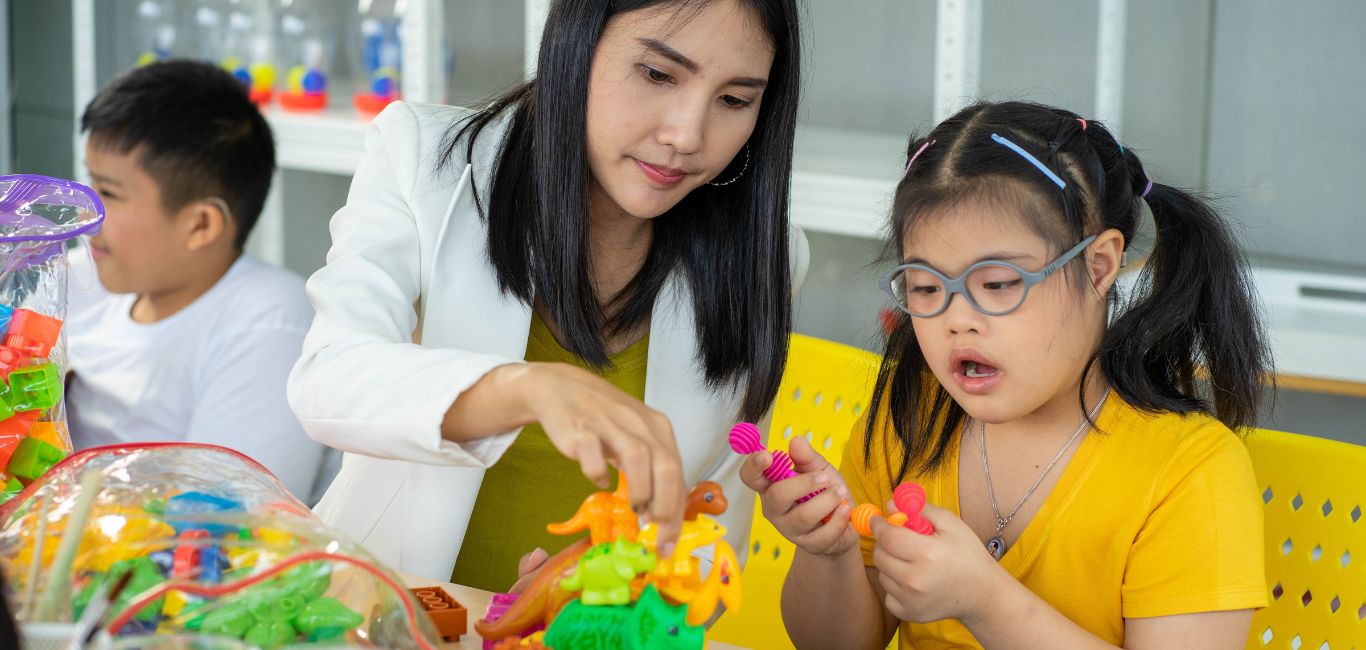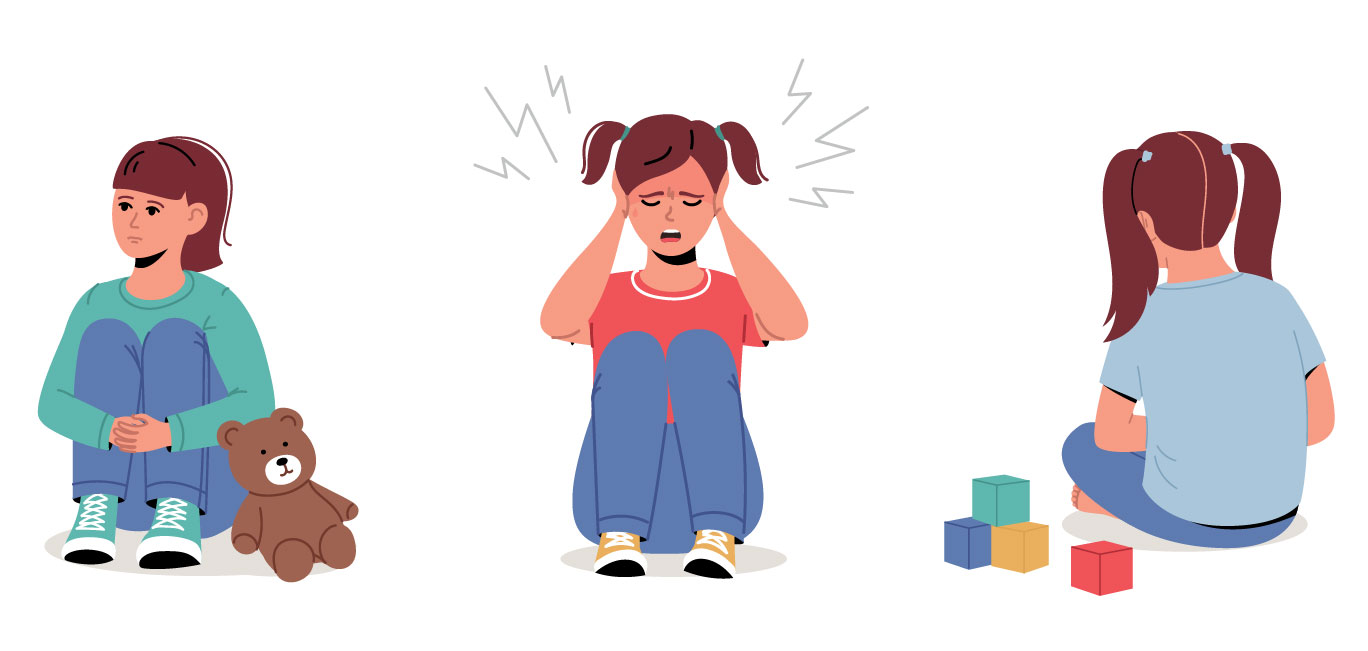
They say life is not what you plan but what happens to you.
This was exactly the case when Mumbai-based art designer Amit Khosla and his wife Natasha, had their first and only child in the year 2000. The couple had an arranged marriage a few years back and were just getting to know each other when they found out that they were going to have a baby.
A family finding its way to their child’s autism conditions
It was all joyful in the Khosla household, with preparations on to welcome the new arrival. A blissful two years later, the couple started noticing that their son Ishaan was missing his growth and developmental milestones, as compared to other kids.
They took him to their regular paediatrician who recommended that they see a pediatric neurologist too, as Ishaan had started getting seizures regularly then, along with missing quite a few milestones. It was the year 2002 when their child underwent a series of assessments and tests and they learned that he had autism and the seizures were part of it. However, not every child who has autism gets seizures.
For the parents who didn’t know what autism was all about, it was then something they would have to research and read up on, though the doctor had explained that it meant, having a child with needs that are different from mainstream kids and very often, it would mean more of the parent’s involvement in the life of their child, hand holding him through every stage of life.
For them, it also meant, talking to both their families about their child’s condition and explaining that autism could not be cured by medicines, instead multiple therapies were the only way, for him to function better. He would also be on anti-seizure medications, for life.
Khosla and his wife realised they were ill-equipped to deal with the situation and help their child. In these moments, Khosla got initial help from his colleagues. “Two of them had autistic kids — not with the same issues, of course, but still that was close enough — so they advised me how to go about it,” he says. “It was a relief to be able to talk to somebody about it and prepare for the future as it would unfold.”
Even then, there were a lot of struggles ahead as it is a lonely battle that most parents of special kids have to fight every day. But, as Khosla says, what can one do when there is no choice? “I picked myself up and started finding resources that could help my child,” he says. “I had just shifted from Delhi to Mumbai. It was a new place, so the work was tougher.”
Ishaan had all the symptoms of the pervasive developmental disorder (PDD) — which falls into the autism spectrum disorder where normal speech abilities are impaired along with social abilities, and all basic tasks of life such as dressing, eating, and using the toilet have to be taught.
As it was, there were new issues to deal with every year.
“As a child, Ishaan was so hyperactive that it was impossible to sit down and be with him,” he says. “It was disruptive at gatherings and weddings and family functions, so we started avoiding them. Anybody who looked after him even for a little while would be left exhausted. Later as he grew, he slept very little — for a total of two hours only — and it was very tiring for both of us though we worked as a team to support and help each other, all the time.”
While autism (PDD) largely falls into the area of special needs and mental disabilities, children with the condition don’t face identical issues. “Yes, this varies from kid to kid,” says Khosla. “My child is completely nonverbal, so it has been tougher to gauge his responses and whatever little learning he has been able to do.”
Few people were sensitive to Ishaan’s needs. The parents even had to pull him out of a special-needs school when they saw him behaving strangely after returning home.
“Their safety is doubly worrying, even unlike other kids, because they cannot tell us what happened or explain any misbehaviour,” says Khosla. “Ishaan used to lock himself into a room and switch off lights at home. When I tried to investigate any issues in the school, everybody clammed up. Later, a helper there told me that every time Ishaan would be extra troublesome, the principal would lock him up in a dark room.”
After that episode, they never sent Ishaan to another school. Instead, the child learnt whatever little he could at home. “Most of our son’s life has been spent without formal education,” says Khosla. “Instead, he has been part of therapies that are geared to benefit him, like speech, occupational, behavioural and activities of daily living (ADL).”
Ishaan is now 20 years old. He loves to gorge on paranthas and can eat the same meals for weeks or even months in a row — since children with PDD have repetitive behaviour patterns.
As a couple, the Khoslas don’t get much of an opportunity to spend together as they are always with their son. “But, yes, we have learnt that when life gives you a hard blow, one either bows down or fights it out. We chose the latter and as time has passed and our son has grown, we realise our journey with him has been so special. We feel blessed that we have him and our bond is so strong that we would not have it any other way,” they say.


















One Response
Dear Amit and Natasha,
Your story brought tears. We’re sorry that you had to go through so much and endure all this by yourself with only you both backing and supporting each other. We pray that you always continue to stay strong and encourage others